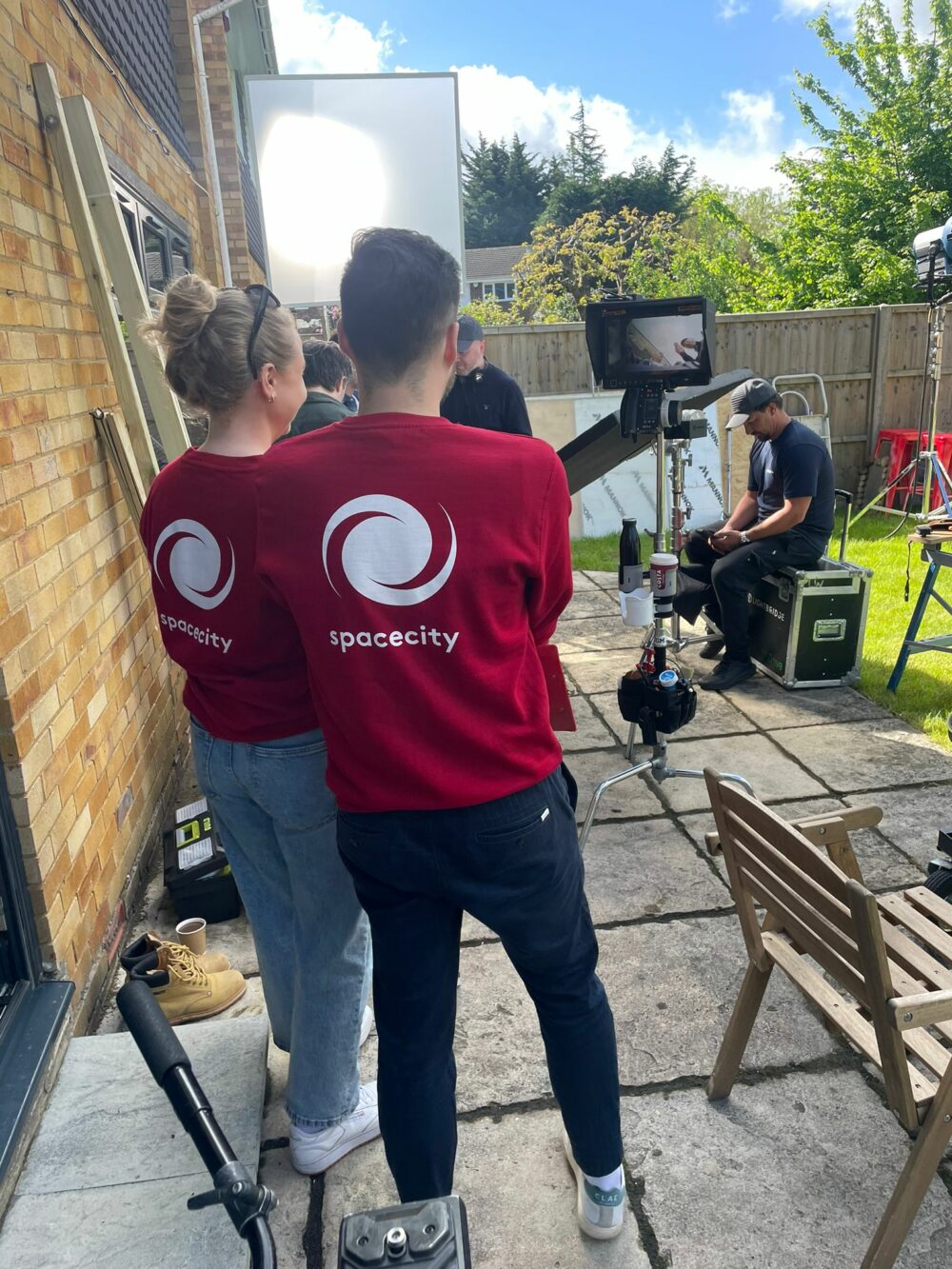Advertising continues to make strides in consumer interaction and ability to strike relevance, but Scope argues the disabled – amongst many – are being neglected
SCOPE Have told Space City that advertising is not inclusive enough and is proving costly for businesses, with billions of pounds not exploited.
Just 0.06% of all actors represented in advertising are disabled, despite a fifth of the UK population having a disability of some kind.
Given the lack of representation on and off screen, those who are impaired by disability have ensured the plight has been accentuated by idiosyncratic advertising – which is paradoxically perpetuating the issues blighting both society and businesses.
Many have chosen to remain as exponents of either stereotypical advertising or able-bodied targeted advertising for safety; a risk averse strategy that ironically stymies their marketing through a lack of innovation and empowerment.
Danielle Wootton, Head of Marketing at disability charity, Scope, said: “There are 13 million disabled people in the UK, but they rarely see their lives reflected in marketing campaigns, the media, in advertising and in public culture.
“Scope’s own research shows eight in 10 disabled people don’t feel well represented on TV and in the media, and this is something the advertising industry can help change. But this isn’t just about increasing disability awareness and changing attitudes.
“There is a huge financial incentive for companies in the largely untapped spending power of disabled people – dubbed the purple pound – of £249billion a year.”
With the increasing onus on targeted advertising, rhetoric and terminology that is data driven, businesses have the ability to cultivate business interest from outside their usual consumer base.

Notwithstanding the need to increase representation and awareness of disabled people within the media, the lack of faith in advertising from the disabled community is damning on both businesses and society.
Wootton continued: “Our research has found that three in four disabled people in the UK have left a business because of poor disability awareness.
“Last year Scope worked with Mars on a series of Maltesers’ TV adverts featuring disabled actors which proved to be the brand’s most successful ad campaign for a decade.
“But while some progress has been made, we must start seeing far more disabled people on screen and behind the scenes.”
Given a lack of faith from both a commercial and employment prospective, the country as a whole can tangibly benefit from generating increased awareness of disabled people in advertising, behind it and within business as a whole.
With disabled people engaging with both advertising and the wider economy, the benefits to the UK’s GDP are manifest from this prospective and to businesses from an ethical one.
Through Scope’s partnership with Maltesers acting as the catalyst to a surfeit of press enquiries, stories and publications, the organic marketing elicited from producing such innovative advertising has been proven to provide remarkable business uplifts and wider societal benefits.
From advertisers, agencies and businesses’ prospectives, the prerogative needs to be one of promoting society through new means of enforcement.

Whether it takes the form of a cap, quota or incentive to showcase the differences that advertising and empowerment can make to respective elements of society, work needs to be done from all sides to ensure that advertising can empower disenchanted citizens.
The one criticism within the press regarding the delivery of the Scope-advised Maltesers advertising campaign, was the highlighting of disability, as appose to mitigating the script to ensure that it propagated equality.
An ultimate goal though that was highlighted at the time by Maltesers – which was achieved – was normalising and empowering the disabled community through the mainstream media.
With increased representation and presence alongside able bodied actors, the acceptance and stigmas that have previously been fostered will cease, ensuring that advertising can continue to carry influence socially as well as socially.
As well as the Maltesers ad representing the company’s best performing ad creative of all time, Dove’s eponymous ad: Campaign for Real Beauty, has ensured of 13 years of resonance thus far and twice the amount of woman having love for their own body, compared to before the advert.
The directive therefore is clear: for businesses, agencies and production companies to work together to deliver more inclusive advertising through complete involvement; from behind the camera to in front of it, the immersion must be absolute.
Space City has been producing TV, online and radio commercials for 25 years, working with myriad businesses to improve advertising inclusion, which delivers long-term sales increases.
Contact the team now and find out what your business can achieve through advertising inclusively, like Maltesers did in partnership with Scope.


